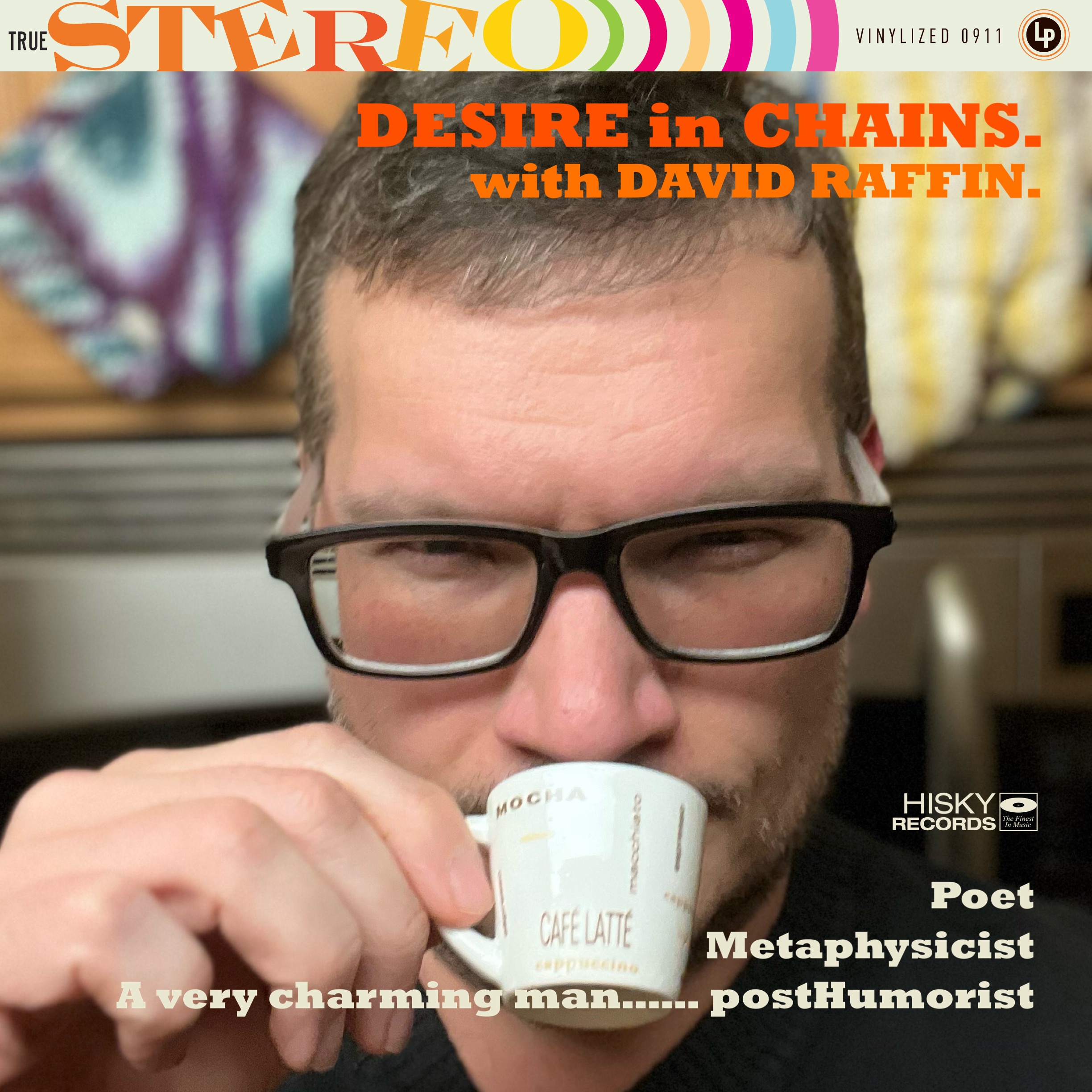“Give & Take” by David Raffin & Richard F. Yates | The Primitive Entertainment Workshop.
“It is my belief that recycling makes up for all the evil I do.”
—Raffin & Yates
[Words by David Raffin. Image by Richard F. Yates.]
Journal of. Published under the auspices of the HiSky* Trust, founded 1957 to promote disorder. (*Hiss-Key)

“Give & Take” by David Raffin & Richard F. Yates | The Primitive Entertainment Workshop.
“It is my belief that recycling makes up for all the evil I do.”
—Raffin & Yates
[Words by David Raffin. Image by Richard F. Yates.]
The US medical system has long claimed to be exceptional.
For example, every medical billing department has a team on staff to add insult to injury. They wanted to know if they could keep them under the new law.
And the answer was, “Yes, if you like them.”
Life is rough / if you are a Billy Goat / and you are gruff. Then you meet a troll under a bridge / and enough is enough / for you are king of the ridge.
I received an Xmas card saying, “Don’t get trapped in a snow globe.” Now I am trapped in a snow globe. I have almost no one to blame but mysel…
After all, this was a trap.
The mathematics of culpability, squared.
Years ago postage stamps were bothersome. With the advent of self-adhesion, we finally licked that sticky little problem. Progress, but at great price.
The most famous reindeer of all was Charles Dickens. What a Dickens!
He invented Xmas pudding. Which hardly anybody eats anymore. He started the tradition of orphans eating thin gruel. Now nobody eats gruel. Except orphans. Xmas morning: “Hello gruel world.”
(Gruel world is a future theme park for orphans.)
The Dickens, you say!

(This festive octopus painting by Richard F. Yates.)
Every good long-term relationship is built on one of the participants not being eaten by a monster. This is my writing tip for the day.
One of the participants in a love story being eaten by a monster, of course, is the stuff of tragedy.
Unless it’s a comedy.
Whenever I have a character be eaten by a monster I don’t plot it out. Because that’s not the way it happens in the real world.
Remember that a tragic love story is still a love story. This may be viewed as a flaw in the categorization of stories.
I am ashamed that we used chemical weapons in the war on Christmas. First we used laughing gas–then we used crying gas–then we used laughing gas– then we used crying gas… In the end, people didn’t know whether to laugh or cry.
***
Join the bear of the month club. Get a bear delivered to your door every month. December is grizzly.
They’re good bears. A little cranky. But that’s just because they’re hungry.
Bears have pretty simple rules about eye contact. Reasonable, even.
Llamas and alpacas/will never attack us/as long as we scratch them on the head/they’ll climb up the mountains/and drink from the fountains/and build up a lot of street CRED/for wherever they go forth/be it due South or due North/they never go looking for trouble/I asked one beside me/while it drank some chai tea/how they remained in this karmic bubble/it’s ever so simple/we came from the temple/we aren’t looking for any drama/whatever do you mean/said I, turning green/Oh, that one over there is the Dalai Llama.